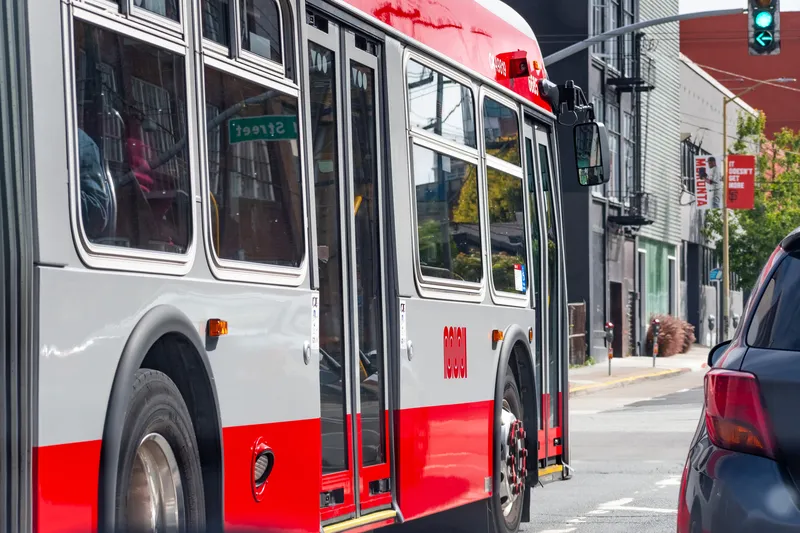Barcelona is to deploy a strategy using a variety of approaches to cut car traffic by more than 20 per cent to improve air quality in the city, particularly nitrogen dioxide and particulates.
Barcelona's busy harbour and crowded streets mean that air pollution in the city is a constant challenge. The city's Mobility Plan includes reforms to parking charges, the bus network, and the concept of 'superblocks', where access to certain areas is restricted to private vehicles.
Previous versions of the conce
March 18, 2014
Read time: 2 mins
Barcelona is to deploy a strategy using a variety of approaches to cut car traffic by more than 20 per cent to improve air quality in the city, particularly nitrogen dioxide and particulates.
Barcelona's busy harbour and crowded streets mean that air pollution in the city is a constant challenge. The city's Mobility Plan includes reforms to parking charges, the bus network, and the concept of 'superblocks', where access to certain areas is restricted to private vehicles.
Previous versions of the concept have banned access to all vehicles within a defined zone, with the exception of emergency services, delivery vehicles and those of residents.
Barcelona may only permit access to private vehicles on certain weekends. Five pilot areas have been created across the city to demonstrate how the concept might work. It is also hoped that the move will cut traffic accidents by 20 per cent.
Barcelona's mayor, Xavier Trias, said "The challenge is to ensure that the economic recovery is accompanied by more sustainable and safe mobility."
Barcelona's busy harbour and crowded streets mean that air pollution in the city is a constant challenge. The city's Mobility Plan includes reforms to parking charges, the bus network, and the concept of 'superblocks', where access to certain areas is restricted to private vehicles.
Previous versions of the concept have banned access to all vehicles within a defined zone, with the exception of emergency services, delivery vehicles and those of residents.
Barcelona may only permit access to private vehicles on certain weekends. Five pilot areas have been created across the city to demonstrate how the concept might work. It is also hoped that the move will cut traffic accidents by 20 per cent.
Barcelona's mayor, Xavier Trias, said "The challenge is to ensure that the economic recovery is accompanied by more sustainable and safe mobility."









